My friends who are teachers thought 2020 would be the nadir.
Remote learning, hybrid classrooms, quarantines, working more than full time with no child care, angry parents, constantly changing instructional plans, pay cuts and fear for their own health left many questioning their career choice if not their sanity.
This year is worse.
A kind of mass hysteria has spread through school populations, particularly among middle school and younger high school students. Without the structure of classroom instruction last year, the whole educational cohort experienced a kind of collective arrested development — or worse.
They’ve gone feral.

Ryan Silva, principal of Cherry Creek High School, sent a letter to parents this month asking for their help in getting the kids to stop acting like sociopaths.
On the school campus, Silva said students are “treating each other and adults disrespectfully … leaving trash in halls, cafeterias and outdoor spaces.”
Teachers report the students use profanity and racial epithets toward them and each other, refuse to do their work, disrupt classrooms and repeatedly ask to use the restroom so they can wander the halls and never return to class. Then when teachers attempt to limit restroom passes, the kids complain to their parents that the teachers are being unreasonable and won’t even allow them to use the bathroom.
The kids exhibit all manner of defiant behaviors from refusing to wear masks and vandalizing school property to berating other students and humiliating substitute teachers.
And there are more — and more vicious — fights.
Mike Eaton, chief of safety for Denver Public Schools, told Chalkbeat that fights in the district are up 21% over the same period in pre-pandemic 2019.
READ: Colorado Sun opinion columnists.
Restaurants and stores near Cherry Creek High School have started banning students from their establishments.
“Business owners and managers have called us to complain about students using foul language, damaging property, treating employees disrespectfully and showing little regard for other, nonstudent, patrons,” Silva wrote, noting that most of the complaints are about the behavior of freshmen and sophomores.
Support staff members have told Silva that they can’t keep up with the trash thrown about the school grounds and substitute teachers have said they will not work in classrooms with certain children because they are so rude and disruptive.
The behavioral dysfunction is rampant: fires set in restrooms, bullying, food stolen from lunchrooms, office equipment stolen or damaged, and the whole range of viral Tik Tok challenges designed to sabotage the educational environment.
(December’s prescribed activity could put kids on sex offender lists.)
The American Academy of Pediatrics diagnoses this in part as evidence of widespread mental illness resulting from the COVID-19 pandemic, grief and loss, and disproportionate impacts on communities of color caused by structural racism.
To support their conclusions, the doctors cited increased rates of adolescent suicide and hikes in the numbers of emergency room visits for mental health crises.
“More than 140,000 children in the United States lost a primary and/or secondary caregiver, with youth of color disproportionately impacted,” said the report, issued last month. “We are caring for young people with soaring rates of depression, anxiety, trauma, loneliness, and suicidality that will have lasting impacts on them, their families, and their communities.”
Not all of the outrageous behavior can be attributed to trauma, however.
Silva points to the more severe behavioral problems that have occurred among high school freshmen and sophomores, a situation so extreme upper classmen have started complaining about the ill-behaved younger students.
After more than a year without the structure and routine of the traditional classroom environment as COVID precautions limited group gatherings, a lot of kids were left on their own. Many simply blew off remote learning and brought that same cavalier attitude toward their teachers, their fellow students and education in general when schools reopened in August.
Consumed by video games, YouTube and other social media, the immature students never learned how to behave in the real world of high school. Some forgot altogether the skills they learned as elementary school children on how to function in society.
Insecure about fitting in, behind in academics and empowered by the messages they were receiving from cynical social media platforms, they set out to wreck the system rather than try to find a place in it.
Now overwhelmed faculty members are pleading with parents to help.
“I am writing you to not only share my concern but to ask for your partnership,” Silva said. “Will you join us by talking to your child about appropriate behaviors when they are in restaurants, stores, classrooms and on our campus with friends?”
Stunningly, Silva is asking parents to help teach high school students such fundamental social skills as “Say please, thank you, excuse me and sorry … Pick up your trash … Don’t shout in the halls … Don’t run in the halls …”
TODAY’S UNDERWRITER
This isn’t a joke.
During the lockdown, dozens of memes circulated about parents realizing how hard it was to have their kids around the house with them all day and how they suddenly appreciated teachers a whole lot more.
“Ok. I see it clearly now. It wasn’t the teacher after all,” said one.
“At the end of our first day of my kids being out of school and our attempts at homeschooling, my conclusion: teachers are superheroes. The end,” said another.
And “Teachers deserve to make a billion dollars a year … or a week.”
Remember that.
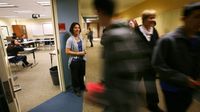


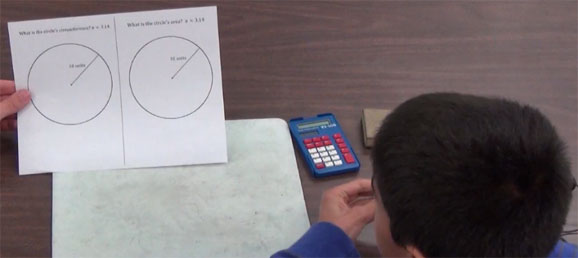
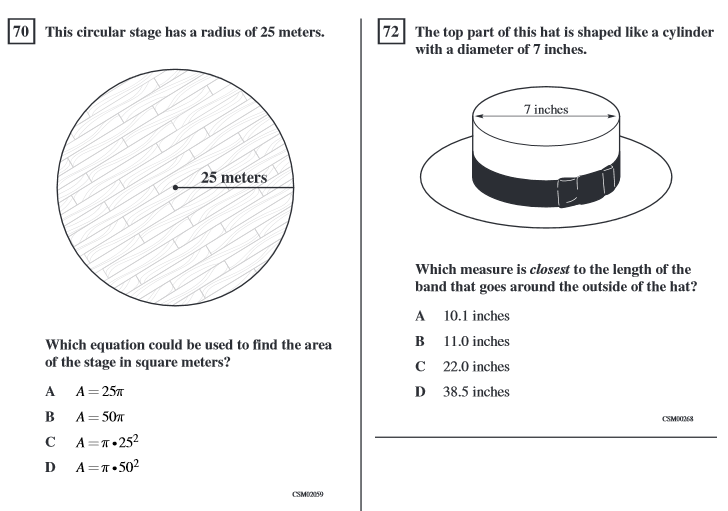
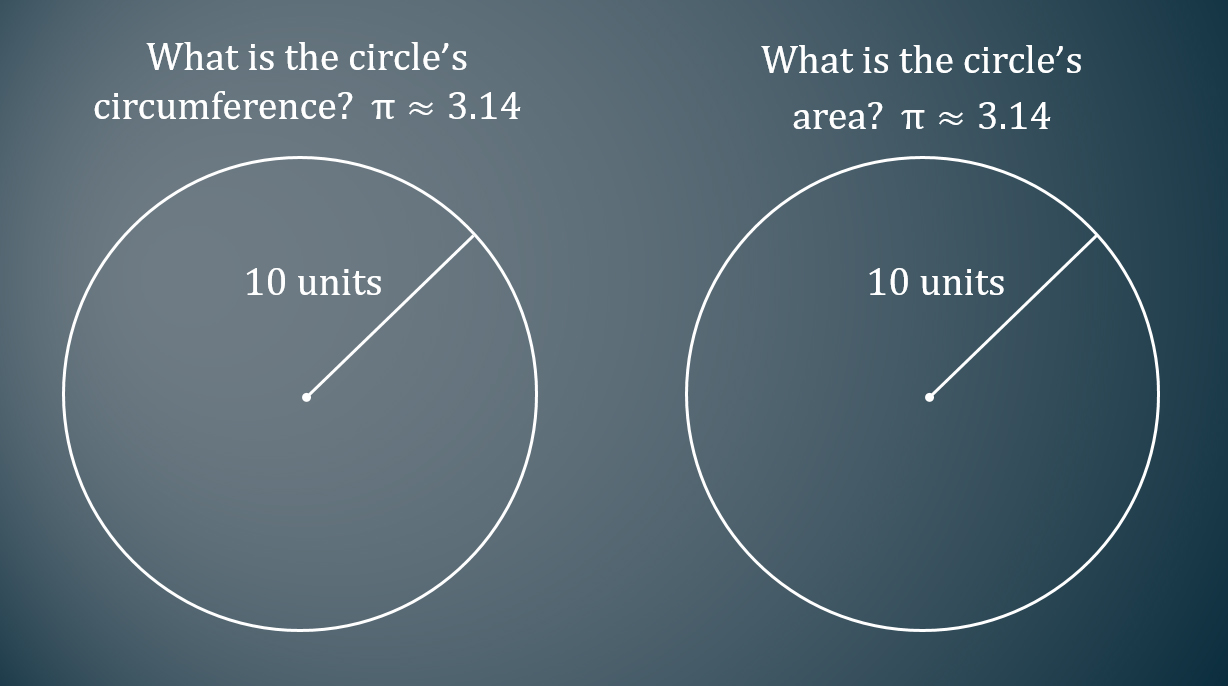
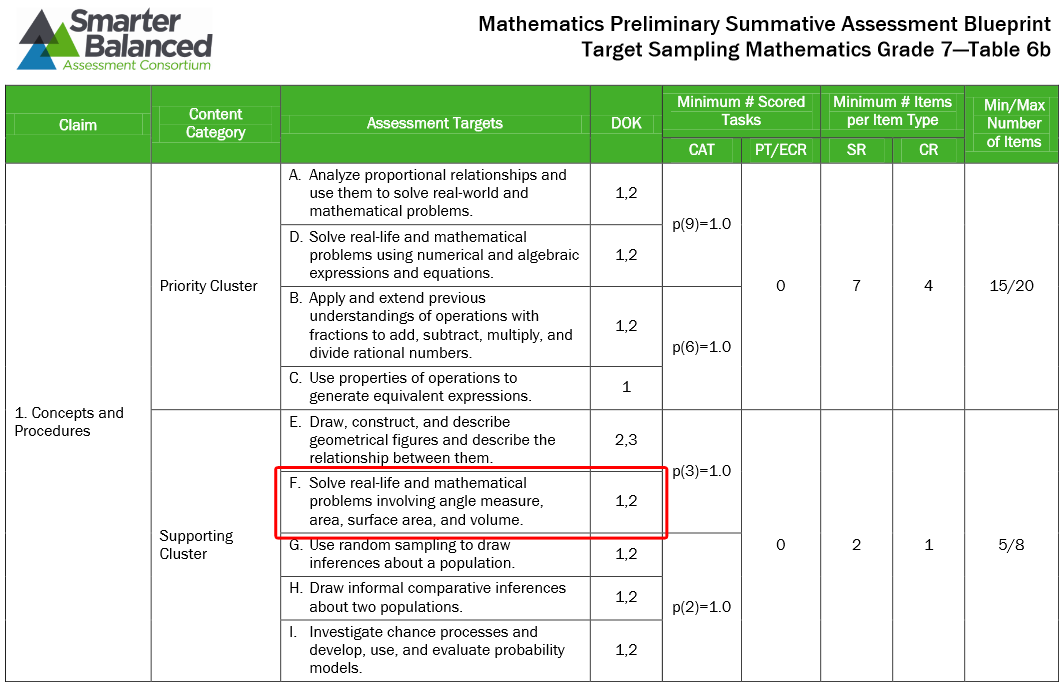

 Jigsaw is a cooperative learning strategy that enables each student of a “home” group to specialize in one aspect of a topic (for example, one group studies habitats of rainforest animals, another group studies predators of rainforest animals). Students meet with members from other groups who are assigned the same aspect, and after mastering the material, return to the “home” group and teach the material to their group members. With this strategy, each student in the “home” group serves as a piece of the topic’s puzzle and when they work together as a whole, they create the complete jigsaw puzzle.
Jigsaw is a cooperative learning strategy that enables each student of a “home” group to specialize in one aspect of a topic (for example, one group studies habitats of rainforest animals, another group studies predators of rainforest animals). Students meet with members from other groups who are assigned the same aspect, and after mastering the material, return to the “home” group and teach the material to their group members. With this strategy, each student in the “home” group serves as a piece of the topic’s puzzle and when they work together as a whole, they create the complete jigsaw puzzle. Before reading
Before reading During reading
During reading